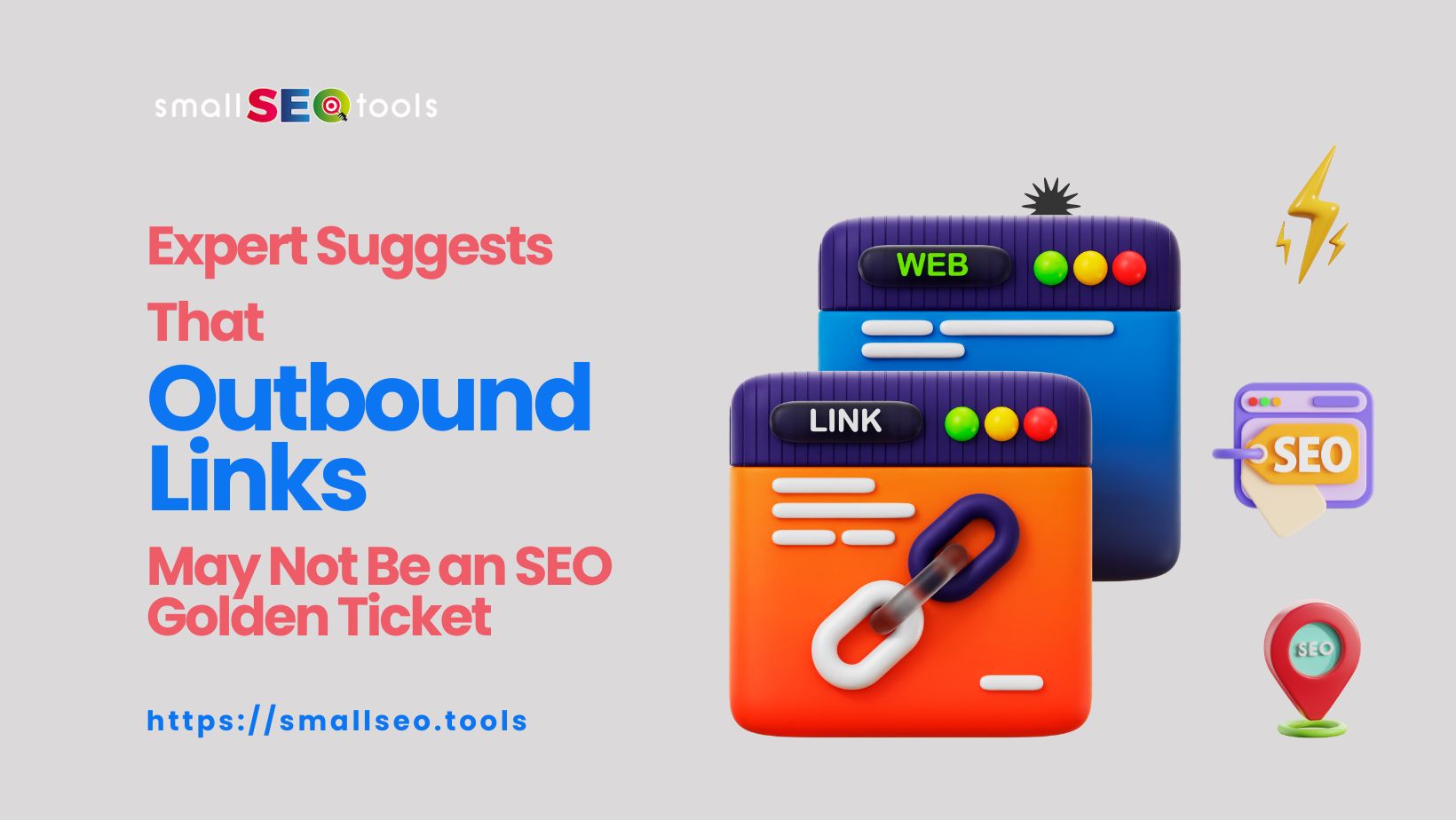Expert Suggests That Outbound Links May Not Be an SEO Golden Ticket
Outbound links are a key factor in search engine optimization. How they are used may be a misconception according to one employee of Google. In this article, we discuss the importance of links and how vital they are.

When optimizing on-page content, it is common practice to add outbound links to a page. These act as a suggestion, showing that your page is connected to others on the web and recommending them, boosting your search engine optimization strategy. Yet one expert has suggested many specialists may have their integration wrong. In this article, we discuss the importance of outbound links and getting them right.
Where Have We Been Going Wrong With Outbound Links?
The question expert was John Mueller, who was asked on social media what the ideal amount of outbound links on an article or page was. Mueller is a high-ranking Google Search Analyst, so his information can be trusted.
A social media user who posed the question asked this, as many people believe that too many links can be bad for a site, whereas not enough can be a hindrance. Generally, most people will add between two to five internal links and around one to three external links per 1000 words.
So what was his answer? SEO experts will be pulling their hair out at the answer because according to Mueller it does not matter how many you have. He also stated that no one at Google counts links or words on your blog posts. However, by no means did he state that this meant links were redundant.
What Makes Links Valuable?
Instead, Mueller says that all content should be written with the audience in mind, and that includes the links it includes in its posts. He stated that is what people at Google are looking for, and that no one reads an article by first counting the words and links, and then digesting the text after this.
The amount of them, therefore, does not have much of a bearing. What matters is that they link to relevant articles and pieces of information. These must add value to your audience. Gone are the days of adding any old links to fill quotas, modern SEO is about what they link to.
Checking Your Links
If you own a website, either for business or pleasure, and you want to rank higher, then it pays to check where your links are going to and from. Most SEO tools will have link checkers in them, and you can see what is going to and from your webpage.
Crucially, before you begin, check the traffic coming to and from your website. This can tell you a lot about your audience. For example, if they are arriving from finance blogs you know your core demographic is those interested in money and investments. Using a free traffic checker can help inform this strategy. See what relevant publications people are being directed from, and who they are, and adjust your content for that market. You can make a list of the places traffic is coming from, so you have a reference of similar articles to link outward to when you are creating new content.
Incorporating Relevant Links
Once you know your audience, and have an idea of relevant pages you can link back to through your web traffic, you can begin to improve your links. This will involve going back to previous articles making amendments and incorporating this into future content.
The first practice is to make the link as natural as possible. It should be in context, flow, and be added to a paragraph without intruding on it. Avoid any commands in the anchor text, such as click here, follow this link, and others like it. It should fit in the surrounding paragraph.
One way is to take some information from the target page. Try to reword this and place it in your content. This lets the reader know what is behind the link, without you expressly jumping out and ordering them to follow it blindly.
Anchor texts are also very important. These are the words you highlight and add the link to. They should also be relevant to your audience and the topic you are discussing. Try not to have the same word twice in different anchor texts on your page, with unique ones for each outbound link.
The New Normal for SEO Linking
This is the new normal for correct SEO linking. Many people who have been successful at it for some time will already know this through trial and error. It is not the amount of links going to and from a page, but the relevance to the reader and the quality of them. This is just one facet, however, and making content specifically for your audience and not search engines will always yield better results.
leave a comment
Please post your comments here.SEARCH
-
Popular SEO Tools
- Paraphrasing Tool
- Plagiarism Checker
- Article Spinner / Rewriter
- Keyword Position Checker
- Grammar Check
- Domain Authority Checker
- Pagespeed Insights Checker
- Reverse Image Search
- Page Authority checker
- Backlink Checker
- Alexa Rank Checker
- Backlink Maker
- Domain Age Checker
- Website Ping Tool
- Website Seo Score Checker
- Keyword Density Checker
- Website Page Size Checker
- Word Count Checker
- Mozrank Checker

 ™
™